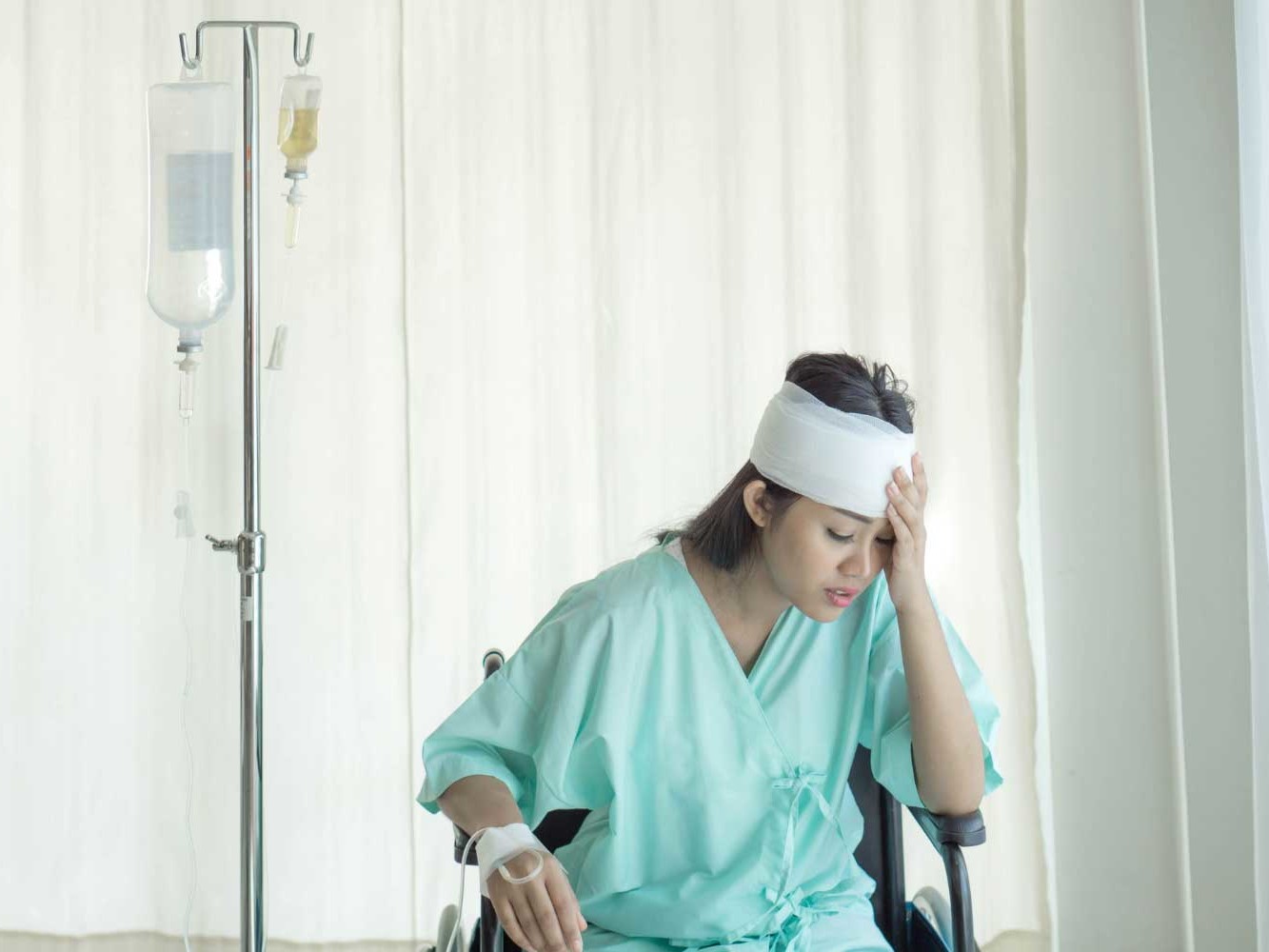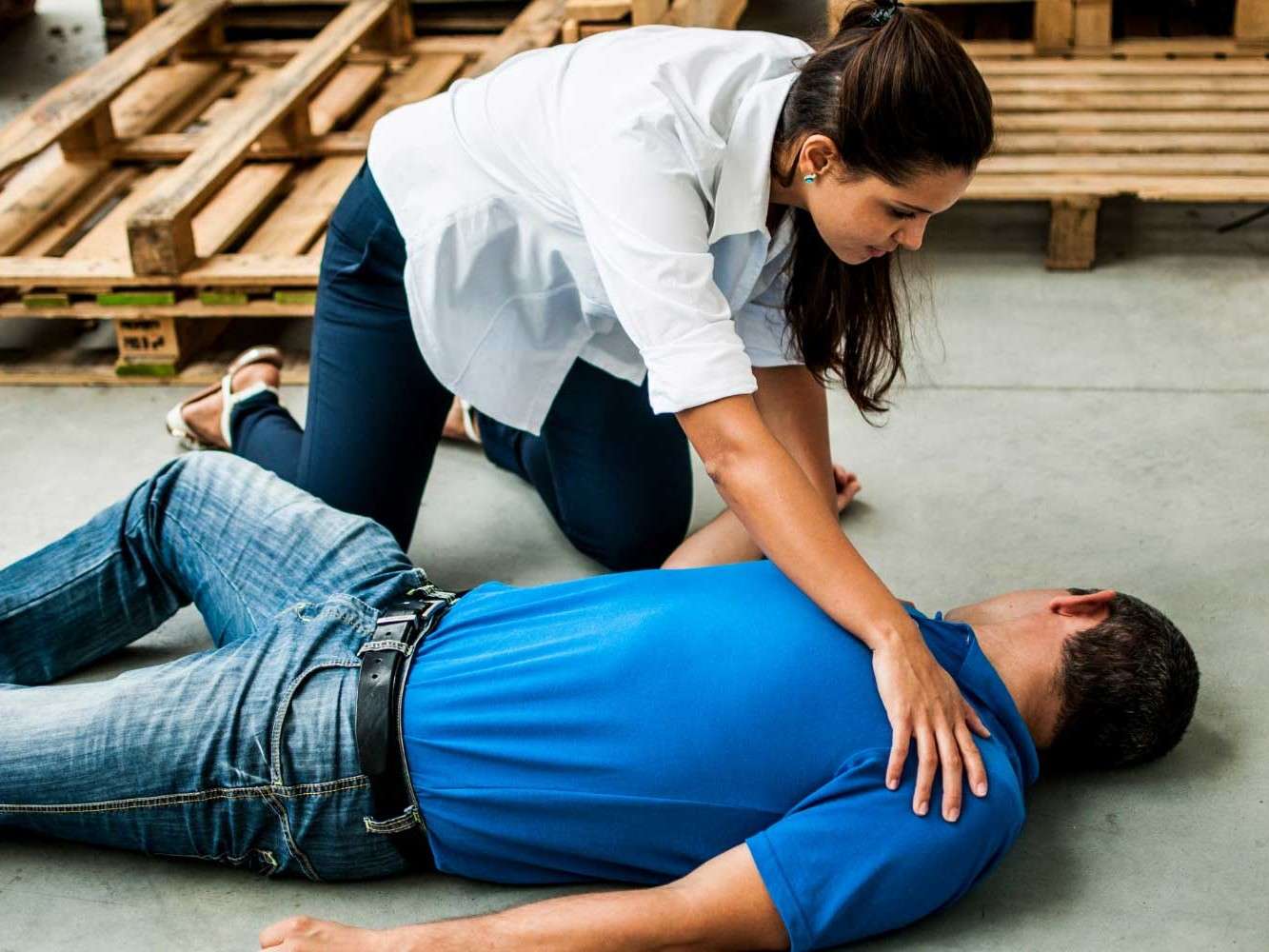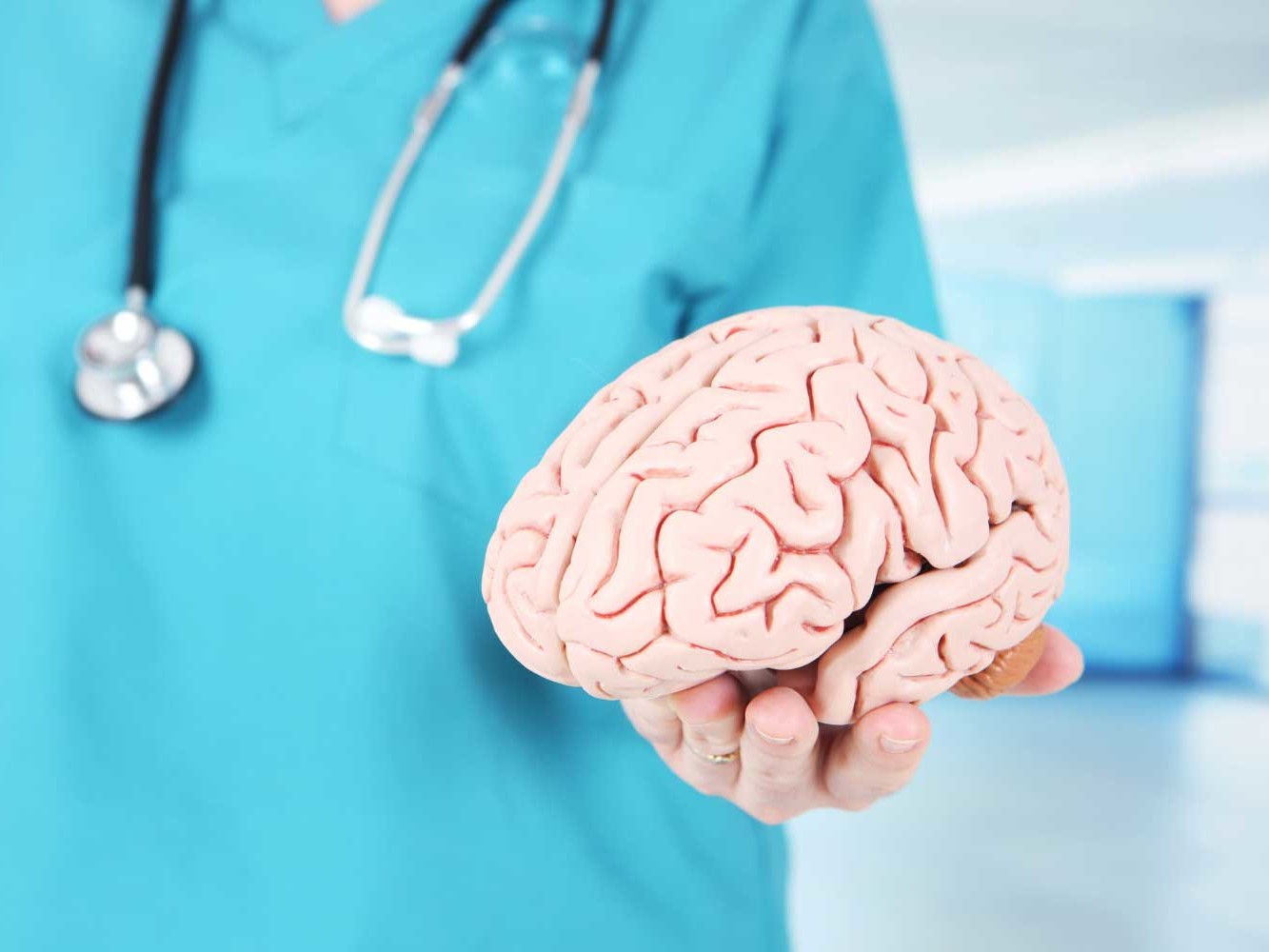Definition of Traumatic Brain Injury?
Traumatic Brain Injury (TBI) is the disruption of the normal functioning of the brain. Damage is caused to the brain either by a sudden violent blow, jolt, or when the brain hits an object. TBI can also be caused when an object pierces the skull and enters the brain tissue.


Types of Traumatic Brain Injury
The severity of the brain injury and it’s type impacts the recovery of the person. TBI can be subdivided into two categories- primary brain injury and secondary brain injury.
Primary brain injury – it occurs at the time of the injury. It includes –
- Intracranial Hematomas – These are usually ruptures of blood vessels that lead to the collection of blood in brain tissues or empty spaces. Some types of Hematomas are- epidural hematoma, subdural hematoma, subarachnoid hemorrhage, intraventricular hemorrhage, intracerebral hematoma.
- Skull fractures- Skull fractures are breaks or cracks in the skull that can cause injury to the brain or provide a way to spread infection.
- Contusions- A cerebral contusion is a bruising to the brain tissue. It may occur anywhere in the brain. It consists of injured areas of the brain or swollen brain mixed with blood leaked from arteries, veins, or capillaries.
- Diffuse Axonal Injuries- It refers to the gradual loss of axons. Axonal injuries are a result of twisting and tearing of connections between the brain cells.
Secondary brain injury- Secondary brain injury may cause further damage to the brain. These may appear after a period of a few hours or days after the injury. Ischemia, cerebral edema, hydrocephalus, second impact syndrome.
Symptoms of Traumatic Brain Injury
The severity of the symptom depends upon the type of injury. TBIs can be mild, moderate, or severe. Most TBIs are mild and the symptoms may appear soon after the traumatic event.
Some of the mild symptoms are –
- Loss of consciousness for a few minutes after the traumatic event
- Disorientation, giddiness.
- Headache, fatigue or drowsiness
- Nausea or vomiting
- Sensitivity to light or sound
- Slurring or other problems with the speech
- Sensory problems such as difficulties in smelling or tastes,
Moderate or severe symptoms may appear within the first few hours or days of the traumatic event. It may accompany mild symptoms.
- Loss of consciousness for several hours
- Seizures or convulsions
- Inability to wake up from sleep
- Headaches
- Coma or other disorders
- Agitation
Some of the symptoms that you may observe in children with a traumatic brain injury are –
- Persistent crying
- Inability to pay attention
- Seizures
- Change in eating habits
- Depressed mood


Causes
Traumatic Brain Injury usually occurs when damage is caused to the brain by an external force, usually a blow, jolt, etc. When the brain is deprived of oxygen or there is a lack of supply of oxygen to the brain for a long period, serious damage is caused. Traumatic brain injury does not have to be open wound injury, there are chances that internal damage is caused to the brain. Some of the common causes of brain injury are –
- Falling from ladders or high altitude.
- Vehicle accidents or collisions
- Gunshots
- Serious hits to the brain skull
- Assaults, domestic violence, child abuse
- Injuries incurred during sports
- Explosive blasts
TBI can have some long term complications such as seizures, infections in the brain, nerve damage, cognitive problem, stroke in the brain, Post Traumatic Stress Disease (PTSD) or aneurysm in the aorta. Hence it is important, proper medical care is given to the patient
treatment of traumatic brain injury
When you first notice the symptoms of traumatic brain injury in someone, the first thing to do is seek medical help. A neurologist will be able to diagnose the severity of the injury and carry out the required procedures . The extent of brain damage can be determined by various neurological exams such as glass glow coma scale, CT scans, MRIs, electroencephalography (EEG), angiography can be used to detect problems in the blood vessels. Efforts will be made to stabilize the patient and ensure the proper flow of oxygen into the brain. Sedation, pain reliefs such as opioids, diuretics, anti-seizure medication, etc are some of the medications used to control symptoms. For the proper Traumatic brain injury recovery, avoid activities that may cause harm to the brain, follow the instructions of your trauma doctors and get plenty of rest. In most of the mild cases, TBIs can be treated easily, however, surgery may be required in critical cases where the injury is severe. For patients with severe TBI, rehabilitation may be required.

